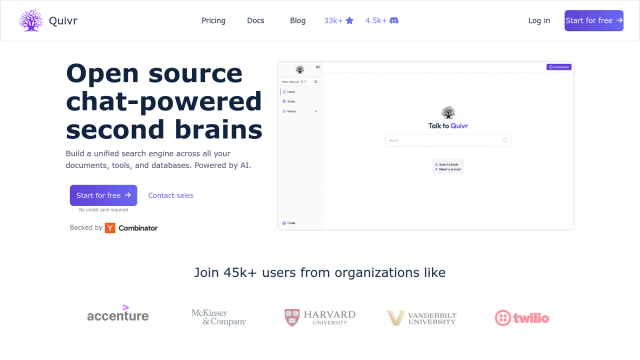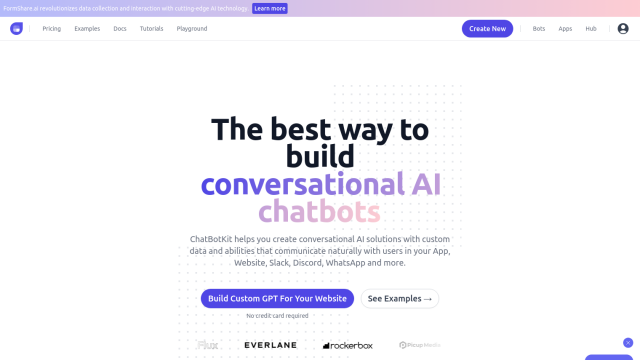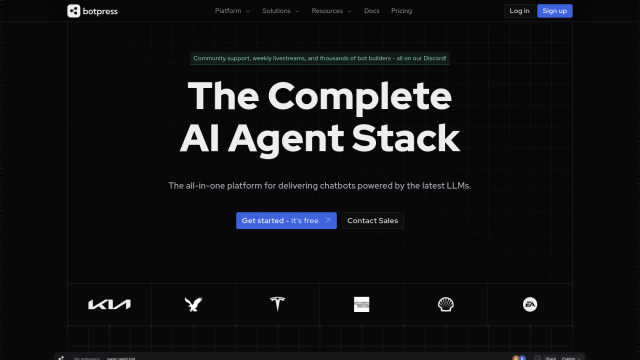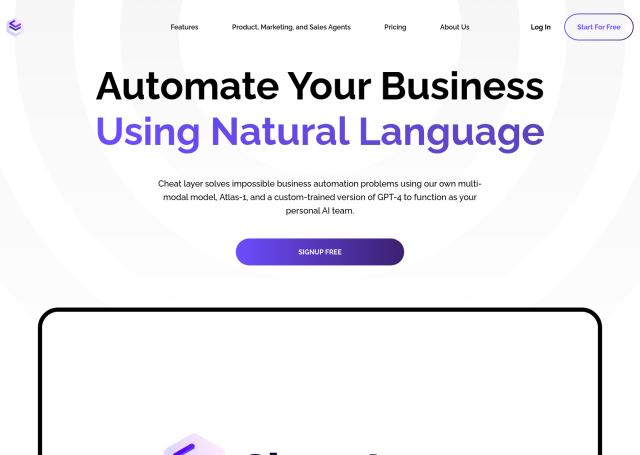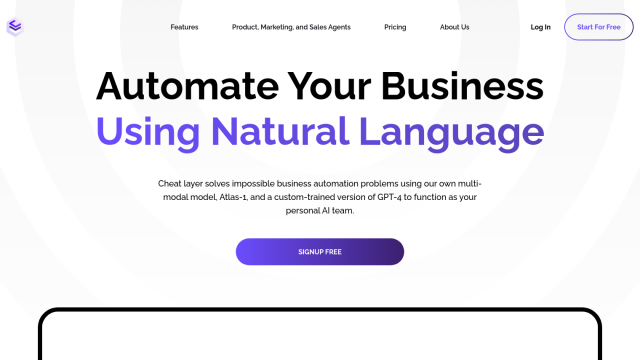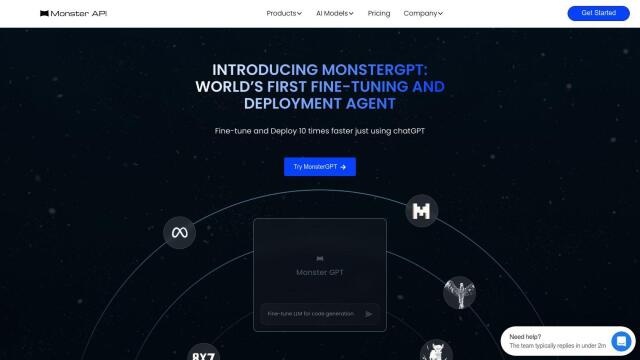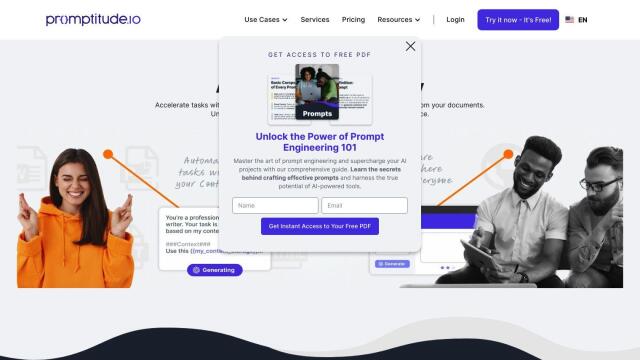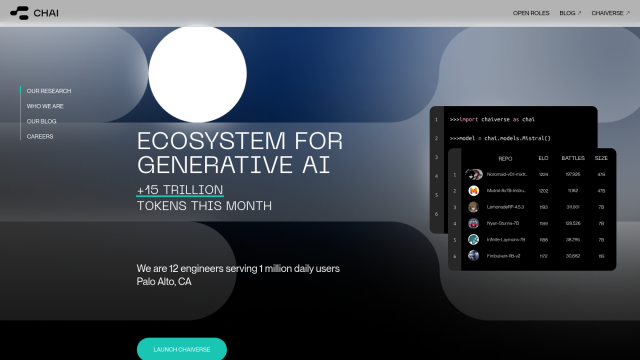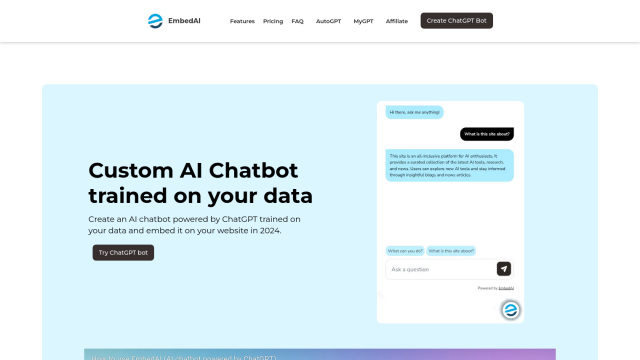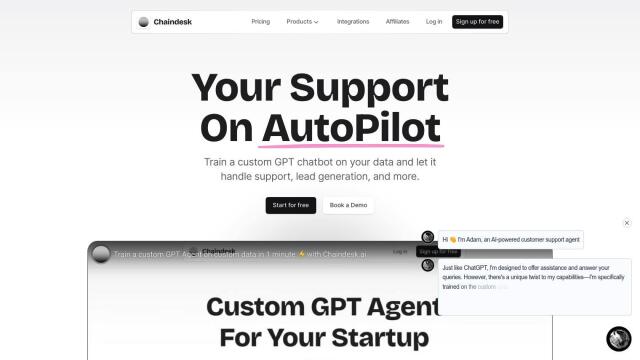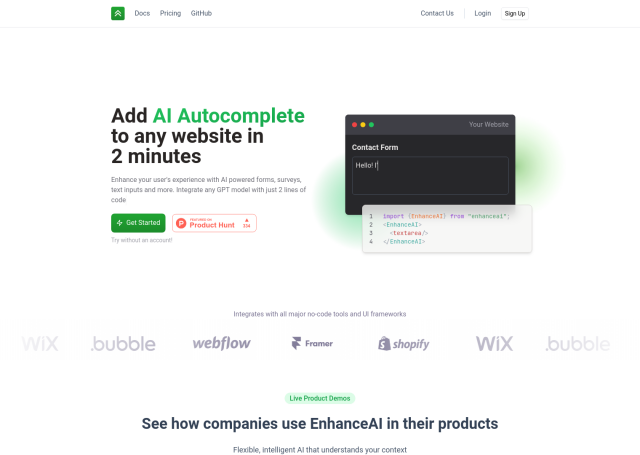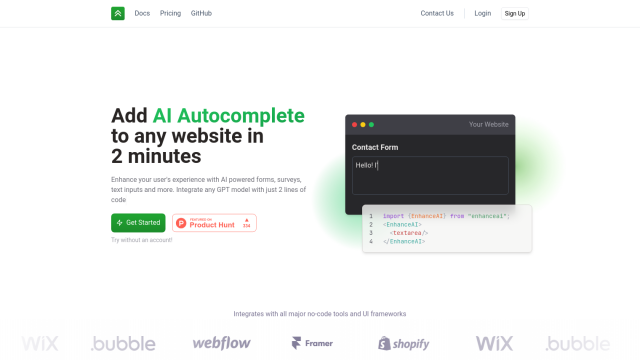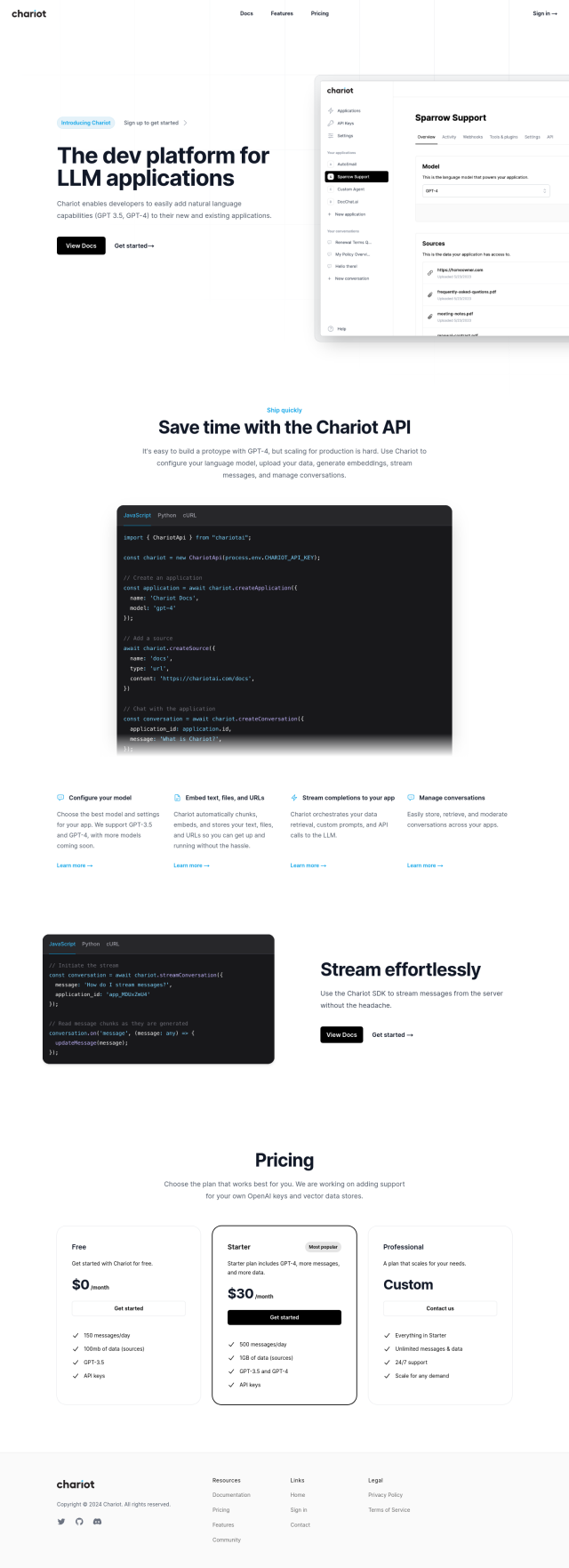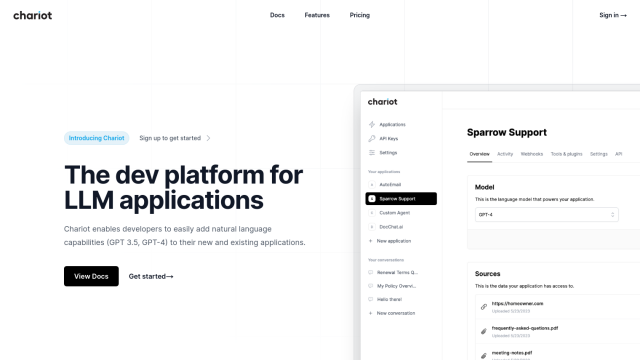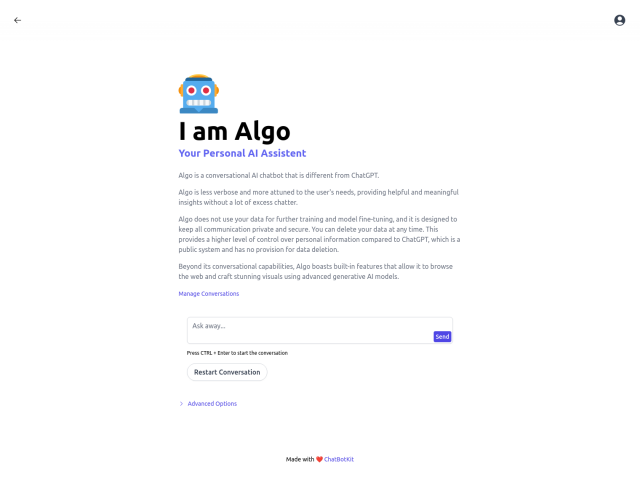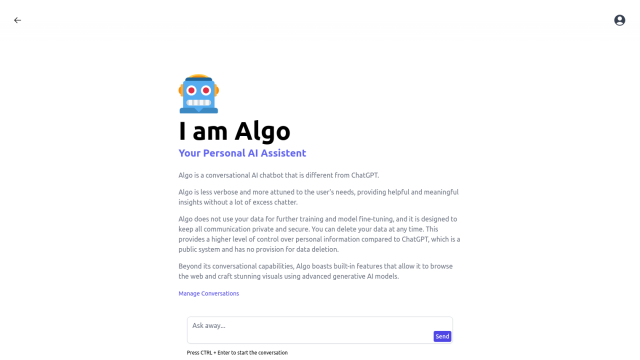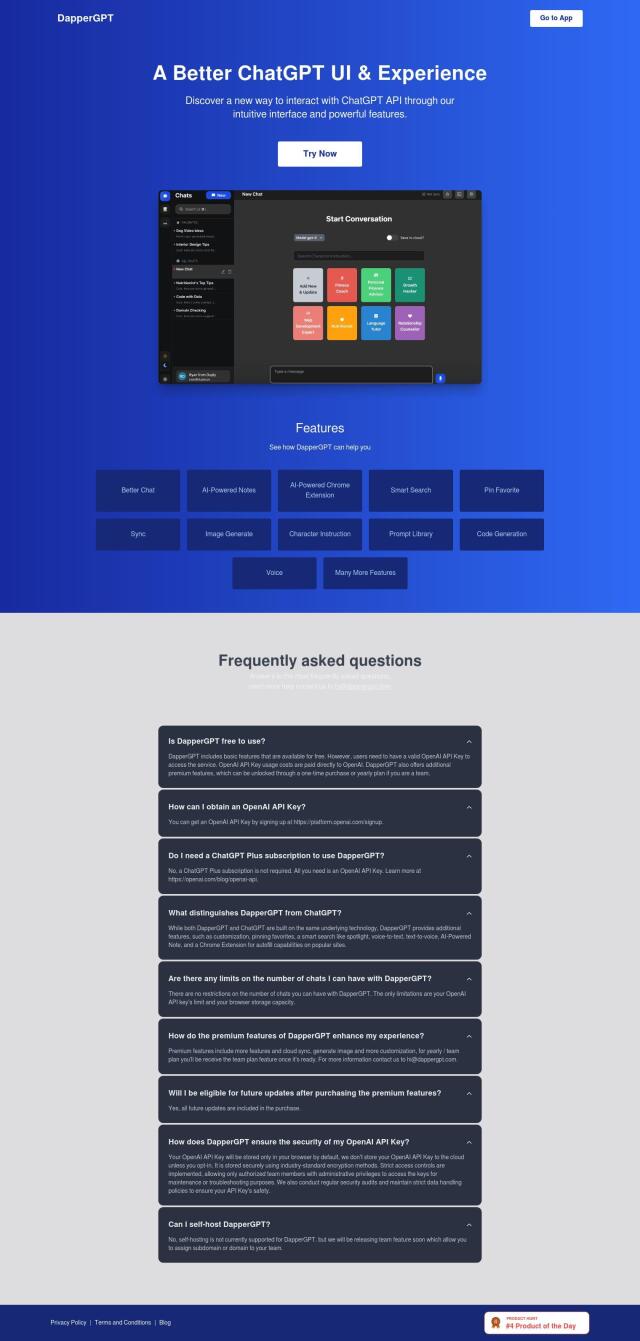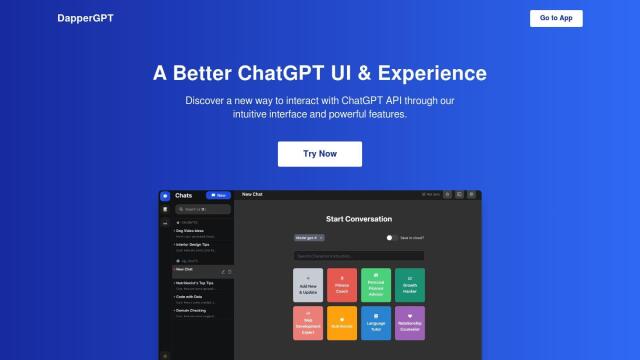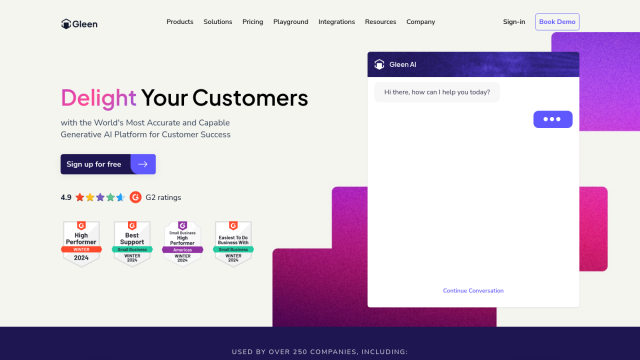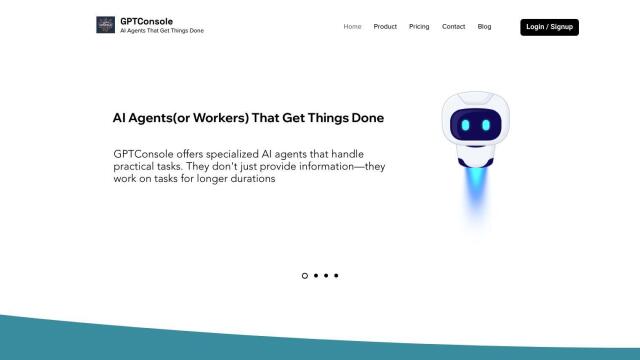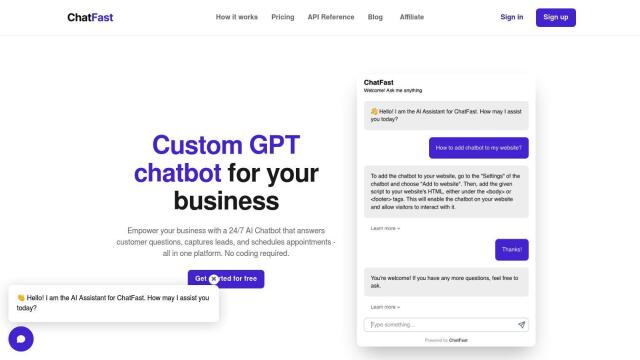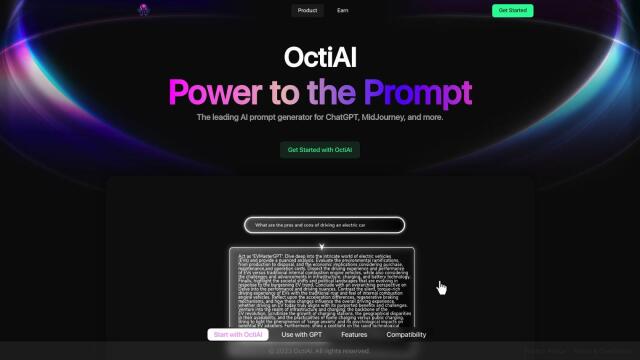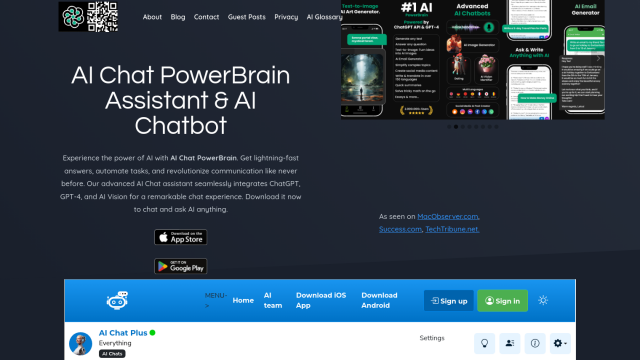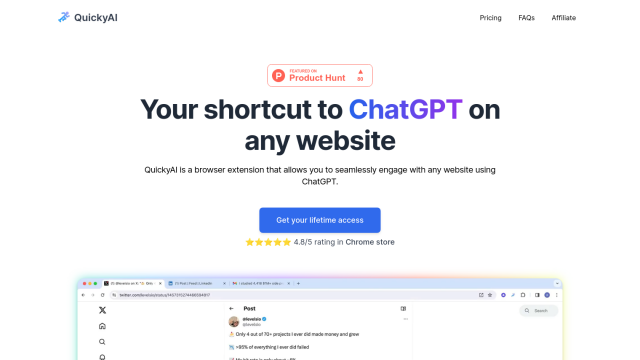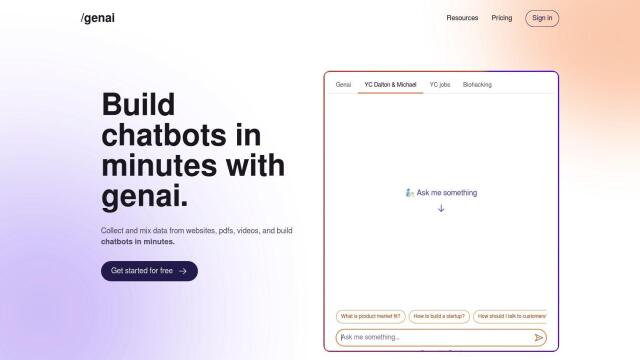Question: Is there an open-source alternative to ChatGPT that offers more customization options?
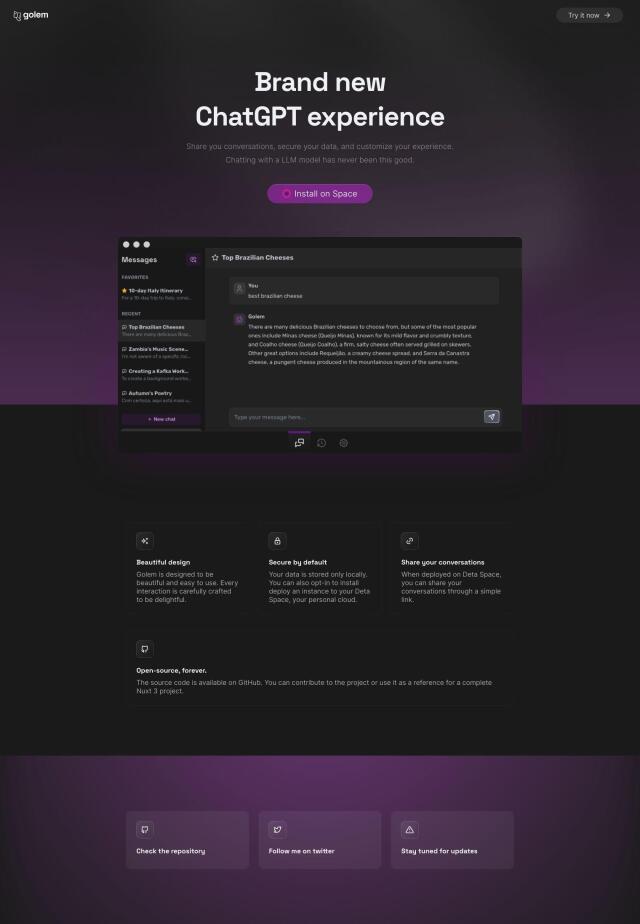
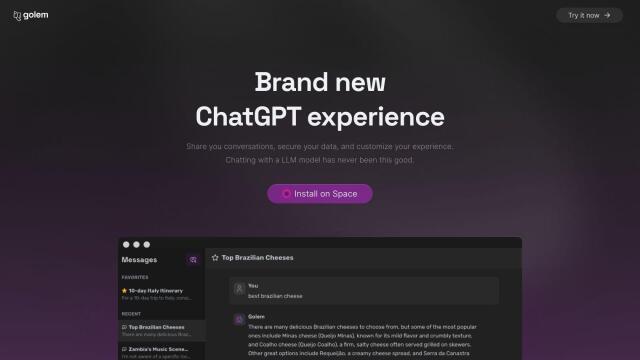
Golem
If you're looking for an open-source alternative to ChatGPT that's more customizable, check out Golem. Golem is a customizable and secure alternative to ChatGPT UI, built with data protection in mind. It stores data locally and can be deployed to Deta Space, a personal cloud, for more control. It also has shareable conversations and an open-source community for ongoing development, making it a good choice for those who want a secure and customizable experience.

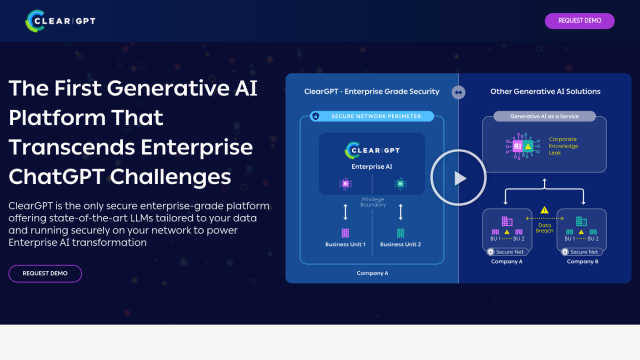
ClearGPT
Another option is ClearGPT, an enterprise-focused platform built to address security, performance and data governance requirements. It includes features like role-based access, a human reinforcement feedback loop and continuous fresh data to keep its models up to date. ClearGPT is customizable and can be easily integrated into existing applications, offering high model performance and low operating costs, making it a good choice for companies looking to use AI to drive innovation.
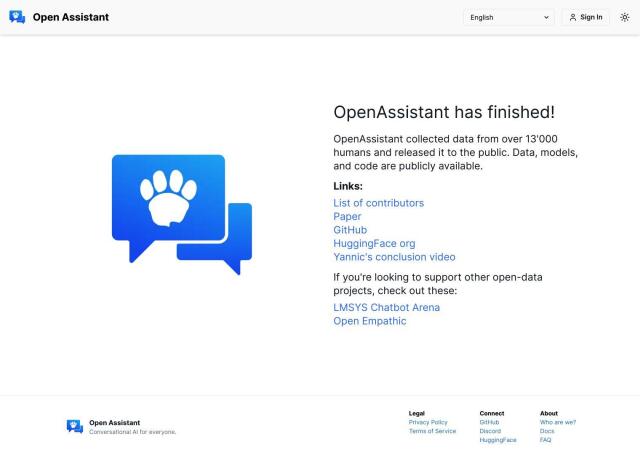
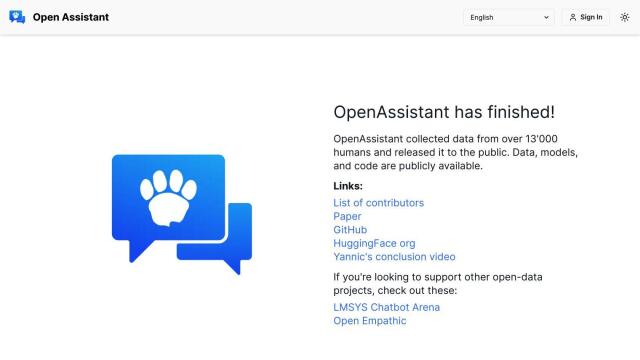
Open Assistant
For those who want to build conversational AI into their products, Open Assistant is an open-source project from LAION and others around the world. It's got Apache 2.0 licensed code and CC BY 4.0 licensed training data, so it's available for ordinary consumer hardware. Open Assistant is designed to let you easily integrate conversational AI into your applications without a lot of cost or hardware barriers, which should speed innovation and adoption.

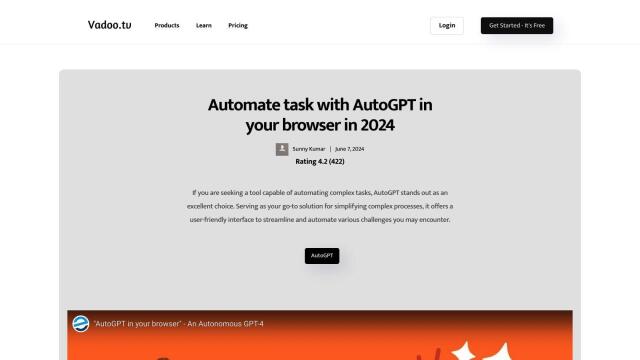
AutoGPT
Last is AutoGPT, a next-gen AI platform that lets you automate tasks with natural language and GPT-4 technology. It includes autonomous AI agents and a natural language interface, so it's good for automating tasks, generating creative ideas and helping with research. AutoGPT lets you sign up with a Google account, train your own AI agents and customize the platform, giving you more control and productivity.

